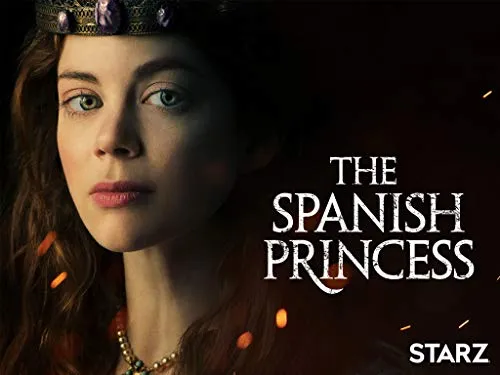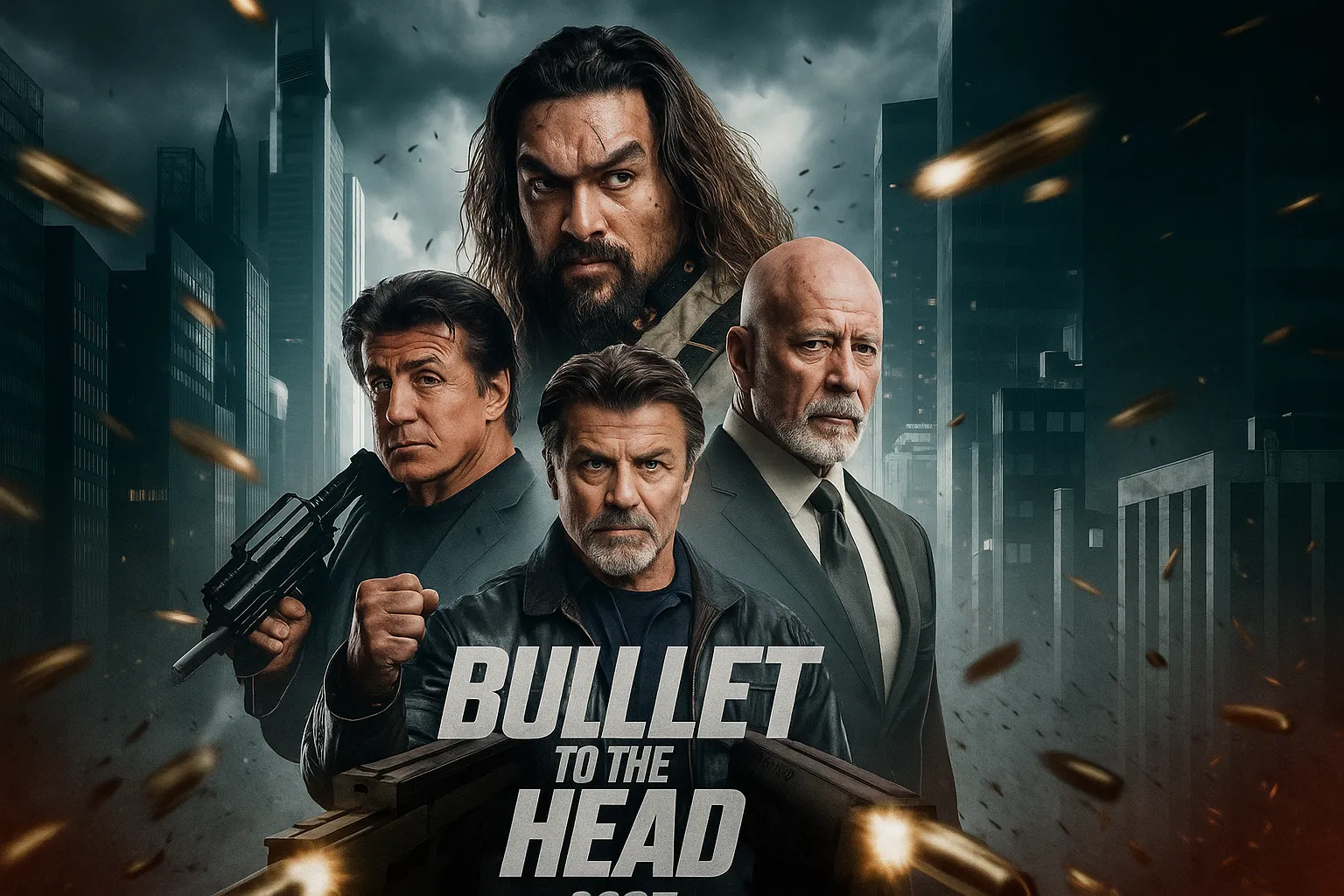A marriage told over tea and toast—small moments hiding a world of unspoken truths
Hope Gap (2019) is a tender yet deeply emotional family drama that delicately explores the dissolution of a long-term marriage. Adapted from a play, the film follows Grace (Annette Bening), her husband Edward (Bill Nighy), and their adult son Jamie (Josh O’Connor) as they confront the quiet unraveling of twenty-nine years together. With a reserved pace and rich performances, it reveals the profound sorrow hidden in unspoken moments and everyday routines.
The emotional core of the film beats strongest when Edward calmly tells Grace over breakfast that he plans to leave and start a life with someone else. Their conversation is simple in setting but seismic in impact—two people who've shared decades trying to understand why love sometimes ends in hushed resignation. Annette Bening brings Grace’s grief, rage, and confusion to life in moments that feel raw and painfully intimate, while Bill Nighy delivers a nuanced performance that conveys regret and inevitability without grand gestures. Their quiet intensity pulls you into the heartache.

Jamie, caught between his parents’ unraveling lives, adds a poignant dimension. As he processes his grief and identity in the shifting dynamics, we see how the collapse of a marriage shapes the next generation. The film excels at portraying small moments—shared glances, unspoken questions, lingering visits to the family home—to reveal how heartbreak often resides in the space between words.
Visually, Hope Gap uses the stark beauty of the British coastline—sunlit cliffs and open skies—to mirror its emotional landscape. This serene backdrop amplifies the growing distance between its characters – the beauty contrasts the pain, making the emotional rifts feel even more pronounced. The understated cinematography supports the reflective tone, allowing silence and scenery to carry emotional weight.

Ultimately, Hope Gap is a gently moving study of love, loss, and the spaces that form when a life is undone. It may not move through big dramatic turns, but its power lies in the everyday—quiet heartbreak, thoughtful performances, and the realization that sometimes the hardest goodbye is the one said in whispers.
-1751337254-q80.webp)


